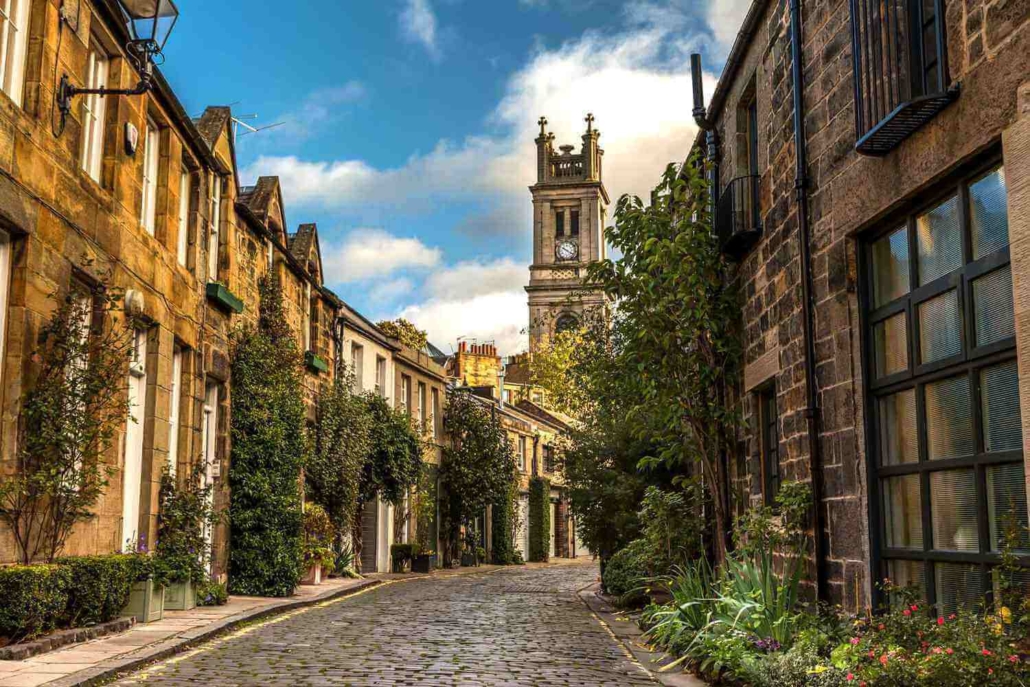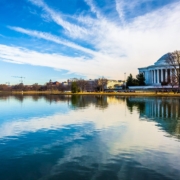Regulatory Guidelines for Airbnb in Edinburgh
Introduction: Navigating the Airbnb Landscape in Edinburgh
Welcome to our detailed guide focusing on the regulatory guidelines that every Airbnb host in Edinburgh should know. Understanding these rules can not only safeguard you from unexpected legal challenges but also elevate the guest experience, thereby boosting your ratings and revenue in Scotland’s historic capital.
Key Legislation for Airbnb Hosts
Short-Term Letting Licenses
On January 19, 2022, the Scottish Government enacted the Civic Government (Scotland) Act 1982 (Licensing of Short-Term Lets) Order 2022. This act initiated a licensing scheme that went into effect on October 1, 2022, fundamentally altering the dynamics for both new and existing hosts.
Useful links:
- Short Term Lets – Licence and permit applications – The City of Edinburgh Council
- Airbnb Legal Issues and Statistics for Hosts: Edinburgh
Types of Short-Term Let Licenses in Edinburgh
- Secondary Letting. If you’re renting out a property that isn’t your primary residence—like a vacation home—then this category applies to you. Essentially, the space is entirely dedicated to guests, and you don’t live on the premises.
- Home Letting. This category is for those who rent out their primary residence but vacate the property during the guest’s stay. Essentially, your home becomes the guest’s dwelling, and you are absent throughout their tenure.
- Home Sharing. Home sharing involves renting out a part of your primary residence while you remain on the property. For example, you might offer up the guest room or a portion of the house while sharing common areas.
- Mixed Home Letting and Home Sharing. This flexible category covers those who use their primary residence for short-term lets both while they are present and during their absence.
Application Procedure and Costs
Online-Only Applications. The City of Edinburgh Council only accepts online submissions for licensing. Paper or postal applications, as well as payments in cash or check, are not acceptable. Applicants must complete the online form and upload all necessary supporting documents.
What to Include in Your Application:
- A duly filled application form, preceded by a thorough read-through of the guidelines.
- An exhaustive Fire Safety checklist.
- Payment of the application fee.
- Essential Supporting Documents
Along with the application, hosts are required to submit:
- A4-sized floor plans of the property.
- Annual Gas Certificate for gas-equipped properties.
- Annual Portable Appliance Test Certificate.
- Current Electrical Installation Condition Report.
- Planning permission documents, only for Secondary Letting.
Additional Rules and Deadlines
- Existing Hosts. If you were already operating as a host prior to October 1, 2022, you have until October 1, 2023, to secure a license. You will need to demonstrate that the property was indeed used for short-term letting during this time frame.
- New Hosts. Those who did not operate short-term lets before October 1, 2022, are prohibited from taking bookings or hosting guests until they obtain a license.
- Final Deadline. The ultimate cut-off for all hosts to have a license in place is July 1, 2024.
Refund Policies
It’s important to note that all license application fees are non-refundable. However, if you believe there are exceptional circumstances that merit a refund, these can be directed in writing to the Licensing Manager at the council’s High Street address or via email at licensing@edinburgh.gov.uk.

Planning Permissions
In special zones, notably conservation areas and World Heritage Sites, planning permission is essential. Hosts should consult the Planning and Building Standards online portal on Edinburgh Council’s website.
Safety Regulations
Read about Crucial Home Security Devices for Airbnb: Ensuring Guest Safety and Trust.
- Fire Safety Standards. Prioritizing fire safety is non-negotiable. Install interconnected smoke alarms in living rooms and bedrooms and a heat alarm in the kitchen. Additional fire-fighting equipment like fire extinguishers and fire blankets should also be readily accessible to guests.
- Gas and Electrical Safety. Annual gas safety checks must be carried out by engineers registered with Gas Safe. You are obligated to provide a copy of the gas safety record to your guests. Electrical installations should be inspected every five years, and portable appliances should undergo annual Portable Appliance Testing (PAT).
Insurance Policies
- Home and Contents Insurance. Standard home insurances often exclude short-term lets. Specialized policies can cover guest damages, public liability, and even loss of income due to property damage. Check whether your current policy allows upgrades to include these features.
- Public Liability Insurance. This insurance type is advised to safeguard against potential legal claims arising from accidents or property damage. Coverage usually starts at around £1 million and can go much higher depending on the provider and any add-ons you may select.
Local Taxes and Financial Obligations
Council Tax
Council tax rates differ based on your property’s valuation band and its location within Edinburgh. Certain exemptions or discounts might apply if the property is a secondary home or if all the residents are full-time students. The City of Edinburgh Council website provides a comprehensive tax calculator for easy assessment.
Income Tax and VAT
Earnings from short-term letting are considered taxable income and must be declared to HM Revenue and Customs. VAT registration is compulsory for hosts earning above the £85,000 threshold in a 12-month period.

Guest Requirements and Restrictions
Identity Verification. For enhanced security, hosts should employ stringent identification checks. Airbnb’s systems offer a variety of verification methods, including government ID checks and selfie matching. Some hosts prefer additional measures such as collecting a security deposit.
Minimum and Maximum Stay Periods. Edinburgh’s City Council is actively contemplating regulations for minimum and maximum stays to counteract the housing shortage. Keeping an eye on these developments will help you adapt your letting strategy proactively.
No-Party and Noise Policy. Draft explicit house rules around noise levels and social gatherings to maintain peaceful coexistence with neighbors. Non-compliance should be addressed immediately, and repeated violations can be grounds for eviction.
Penalties and Enforcement
Failing to abide by the regulations can incur severe penalties, ranging from fines to license revocation. Enforcement is generally carried out through random inspections by local authorities, often triggered by neighborhood complaints.
Conclusion: The Balancing Act
Mastering the maze of regulatory guidelines might seem daunting, but it’s indispensable for establishing a trustworthy, profitable Airbnb hosting business in Edinburgh. By rigorously adhering to these rules, you foster a more harmonious relationship between hosts, guests, and the local community, ultimately strengthening the entire sharing economy.
Explore Hidden Gems in Edinburgh That Will Make Your Airbnb Guests Extend Their Stay.


















